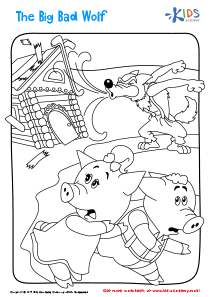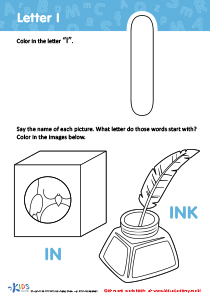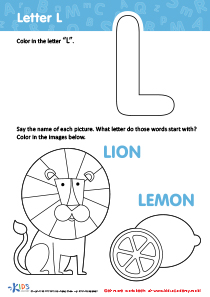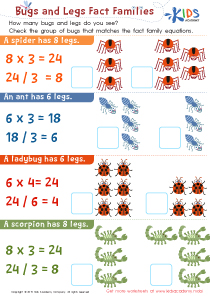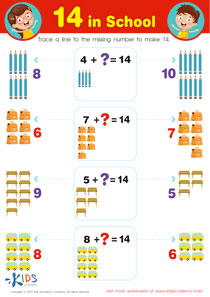Common Vocabulary Quizzes for 5-Year-Olds
3 results
3 filtered results
Clear all filters3 filtered results
-
From - To
Introducing our engaging interactive assessment quizzes designed specifically for 5-year-olds, focusing on Common Vocabulary! These quizzes provide an exciting learning platform for children to explore and enhance their understanding of essential vocabulary. Ideal for young minds, our quizzes are crafted to check knowledge in a fun, interactive way, ensuring a captivating learning experience. Each quiz comes with instant feedback, allowing children to learn and grow with each question. Dive into our Common Vocabulary quizzes for 5-Year-Olds and watch your child's language skills soar. Perfect for at-home learning or supplemental classroom activities. Start the vocabulary adventure today!
In the vibrant world of early childhood education, the development of a rich and varied vocabulary is a cornerstone of learning. It's through this prism of language that children not only communicate their thoughts and feelings but also lay the groundwork for future reading and comprehension skills. Recognizing this, our interactive quizzes on Common Vocabulary for 5-Year-Olds emerge as an invaluable tool in the educational journey of young learners. These quizzes are thoughtfully designed to align with the developmental stages of 5-year-olds, making them an ideal resource for enhancing their linguistic abilities.
Why are these quizzes so beneficial for children in their studies? First and foremost, they are tailored to the common vocabulary that 5-year-olds are either familiar with or are in the process of learning. This ensures that the content is both relevant and accessible, providing a comfortable learning environment that fosters confidence and enthusiasm for acquiring new words.
The interactive nature of these quizzes is another key aspect of their effectiveness. Children are naturally curious and enthusiastic about exploring their environment. By incorporating elements of interactivity, such as drag-and-drop answers or voice-activated responses, these quizzes cater to the innate learning preferences of young children. This hands-on approach not only makes the learning process enjoyable but also enhances retention rates, as children are more likely to remember the vocabulary they actively engage with.
Furthermore, the structure of these quizzes is designed to provide instant feedback, a critical component of the learning process. When children select an answer, they immediately discover whether they are correct. This immediate reinforcement helps to solidify their understanding of the vocabulary and, importantly, encourages a positive attitude towards learning through a sense of achievement. For any incorrect answers, the quizzes offer explanations or hints, guiding the child toward the correct answer and providing a valuable learning opportunity without the discouragement of failure.
Another advantage of our interactive quizzes on Common Vocabulary for 5-Year-Olds is their adaptability. Recognizing that children have varied learning paces and preferences, these quizzes are customizable to suit individual needs. Whether a child thrives on repeated practice or seeks new challenges, the quizzes can accommodate these preferences, making them a versatile tool in any educational setting.
Moreover, in today’s digitally connected world, these quizzes offer a constructive way to engage with technology. Instead of passive consumption, children use digital devices for active learning. This not only helps in building their vocabulary but also in developing essential digital literacy skills from an early age.
In conclusion, our interactive quizzes on Common Vocabulary for 5-Year-Olds stand out as an essential resource in the educational toolkit for young learners. By combining the principles of engagement, immediate feedback, adaptability, and digital literacy, these quizzes offer a holistic approach to learning common vocabulary. They pave the way for children to build a strong linguistic foundation, opening doors to richer forms of expression and comprehension as they progress through their academic journey. For educators and parents alike, these quizzes are a testament to the power of innovative learning tools in shaping the minds of the next generation.
